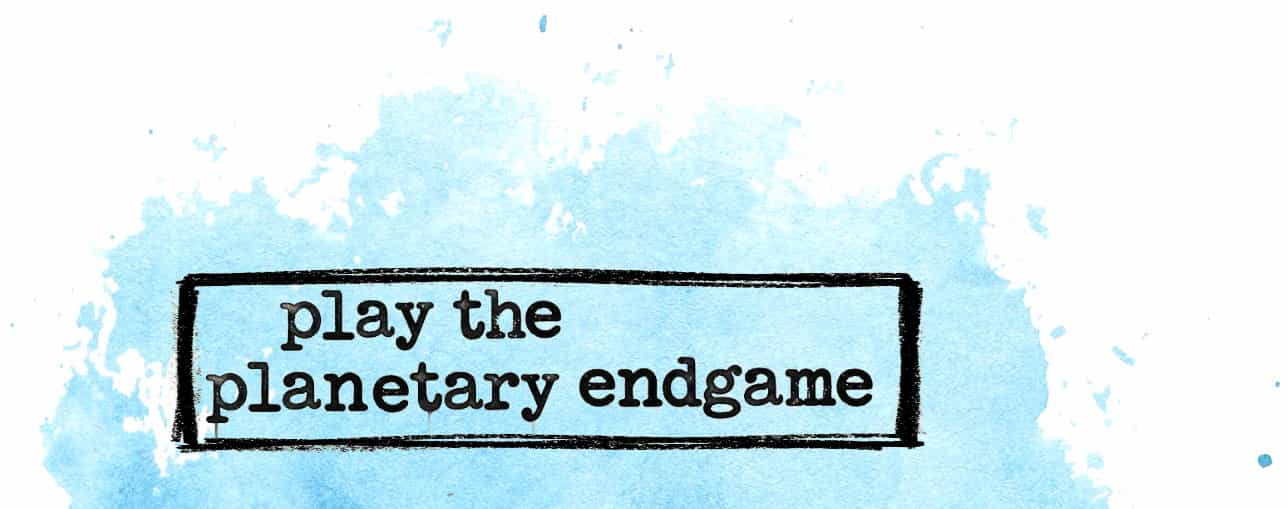Rewilding Urban Permaculture

The empire of bugs is collapsing. If it fails completely, we might all starve.
Habitat loss, pesticide use and (of course) climate change are all causing a perilous dearth of insect biodiversity. And with populations of creepy-crawlies in steep decline, the future could very well hold “massive crop failures, collapsing food webs, [and] bird extinctions,” according to biologist Thor Hanson. Or even worse outcomes, as species loss and ecological mayhem spiral out of control.
Behind much of this gloomy trend lies industrial agriculture. In a bleak twist of fate, the monoculture-based system that provides much of the world with unsustainable sustenance is now threatening to lead humankind into an era of generalized mass starvation.
The good news is that because bug populations bounce back so vigorously, the fix is pretty straightforward:
stop doing the things that kill bugs.
Do away with insecticides, abolish monoculture — and crucially, rebuild insect habitats so they have a fighting chance of doing their thing.
The first step is to rewild the city. Water-intensive lawns, greenways, boulevards and park space are all examples of monoculture in miniature. If all that’s permitted to grow in these spaces is one type of close-cut grass, what hope do bugs have of making a home for themselves? So if you have a lawn (and haven’t yet converted it into a luscious garden), simply let it go to seed. Watch as wildflowers and seed heads shoot up and draw in a multitude of insects — a living confirmation that Nature, left to her own devices, knows best how to allow life to thrive.
But we have to go a step or two further. Let your patio or balcony become a haven for bees by potting pollinator-attracting plants. Convince your neighbors to leave their manicured wastelands alone for good. Demand that your city make all its green spaces no-mow spaces. Eventually, once urban environments become oases instead of deserts for insects, the concrete jungle will appear not only more beautiful but more bountiful than ever — and a vivid demonstration of how vitally practical it is to eliminate the deadly practice of monoculture.
Now is the time to spark an urban aesthetic shift — from globalized to localized, monoculture to permaculture. For the good of all living things, we need to rewild our cities.
Join the Third Force Collective to access our revolutionary briefings.
This isn't a paywall. You can close it if you just want to read the article below it. But our aim is to win the planetary endgame — we want to catalyze a moment of truth, a stunning reversal of perspective from which corpo-consumerist forces never fully recover. For that we need you.






